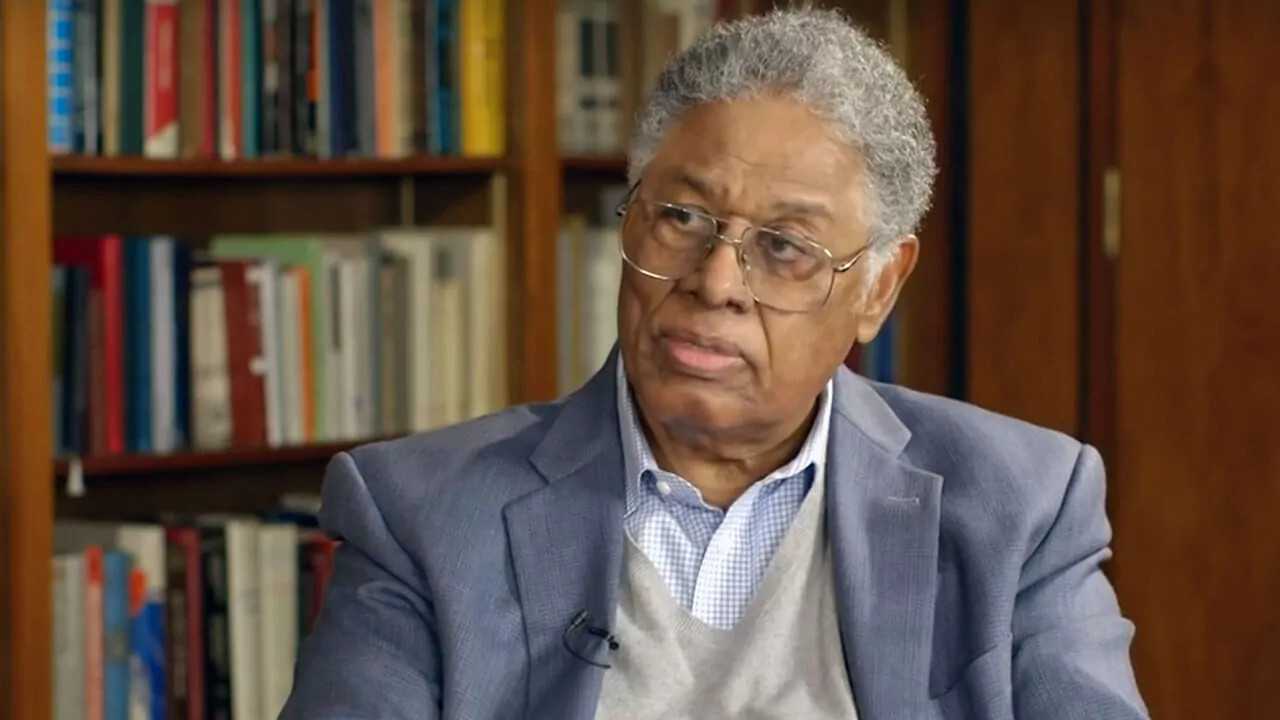A few days ago I started listening to the audiobook of Thomas Sowell’s Intellectual’s and Society.
I’d read a blurb about this book over a year ago and put it on my to-do list but never got back to it until this week when I found it online.
In it, Sowell examines the often devastating and far-reaching influence in recent times (the last century in particular) of those who make their careers solely out of the production of intangible ideas - ideas that are disseminated through teachers, politicians and the media.
He contrasts these figures with experts in other fields who produce tangible products and services, e.g. engineers, doctors, financial experts, and the fact that intellectuals are rarely if ever judged on the success or failure (verifiability) of their ideas, whereas the producers of tangible outcomes are judged accordingly, e.g. if an engineer is responsible for a bridge that collapses he suffers the consequences (jail, lawsuits, ruination) but if an intellectual’s ideas are responsible for social engineering policies that result in any kind of societal harm - even genocide - he most often isn’t held responsible.
An intellectual’s ideas are not externally verified or condemned
Using deconstructionists as a prime example, he says:
“… the ultimate test of a deconstructionist’s ideas is whether other deconstructionists find those ideas interesting, original, persuasive, elegant or ingenious. There is no external test.”
He presents a contrast:
“… no one judged Vince Lombardi’s ideas about how to play football by their plausibility a priori or by whether they were more complex or less complex than the ideas of other football coaches, or by whether they represented new or old conceptions of how the game should be played. Vince Lombardi was judged by what happened when his ideas were put to the test on the football field. “
Karl Marx is an example.
As one of the most influential intellectuals of all time, his ideas have repeatedly (though unintentionally) led to genocidal dictatorships, war and mass poverty.
Yet despite this recurrent reality his ideas are still accepted and idealized as if the fault lies only with those who incorrectly implemented his ideas, rather than the ideas themselves.
Thus his ideas evade proper scrutiny and much of the world remains in a perpetual cycle of rising tyrannies and foolish contemporary Western social policies.
The self-anointed
He describes the Western intelligentsia as the self-anointed; those who consider themselves superior and in possession of special knowledge, in contrast with the majority of the population who are the keepers of mundane knowledge, ignorant and simplistic.
This elitist mentality that exists among the intelligentsia and the young fledgling academics who are churned out by Western academic institutions regards the rest of the world’s population as uninformed and less progressive - it’s re-education and enlightening being their self-appointed task.
It’s a colonialist missionary mindset, only instead of spreading religion they see themselves as tasked with the dissemination of enlightened ideas and progressiveness.
Hence, a society like Georgia that still upholds traditional family values, gender roles and sexuality realism is regarded by the intelligentsia as uneducated and enslaved by socially constructed beliefs.
At no point do these people consider the possibility that the average, uneducated man or woman may in fact be far more knowledgeable about these issues than the intellectuals themselves.
This is the fundamental premise of Thomas Sowell’s book - though less articulate, the average men and women who collectively know far more than the intelligentsia are dominated by many ideas that are not based on any real empirical evidence or experience, but rather the theorizing and convincing verbal virtuosity of a handful of egotistical cranks.
I haven’t in any way done the book justice here or tried to provide an exhaustive review and the book has so much brilliant originality that I’d love to expound on but I haven’t got the time or the energy for it.
I might try to touch on specific points that have been raised by Sowell later on.
The book is well worth a read for anyone interested.



Comment Policy: I can handle harsh criticism and disagreements, but if you're disrespectful or a self-promoter, your comment ain't gettin' published.